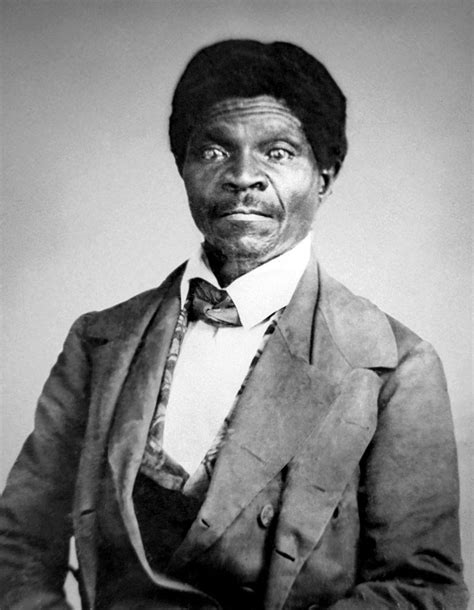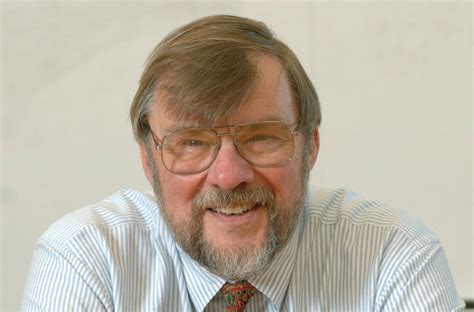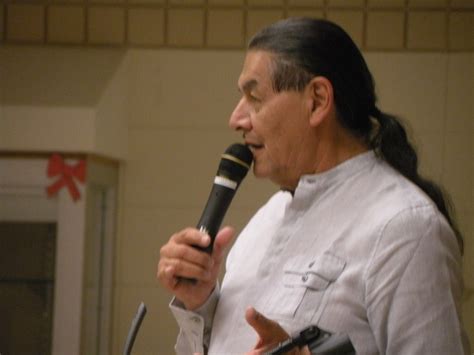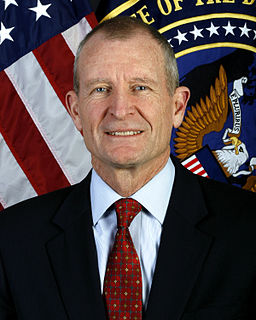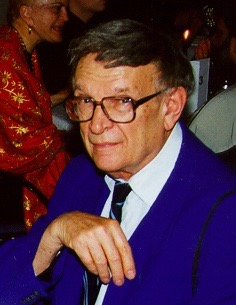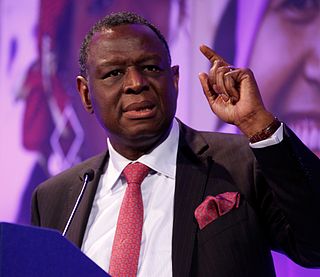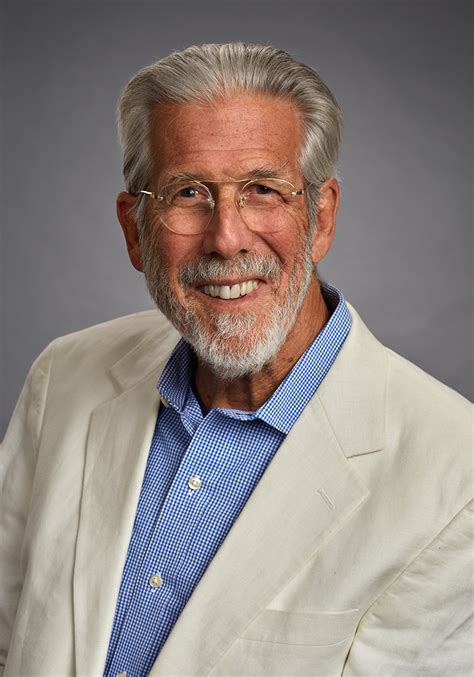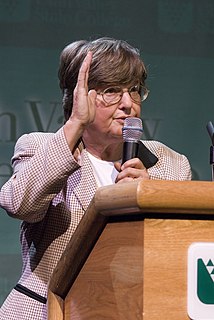A Quote by Kerry Kennedy
The fact is, human rights victories are rarely won by powerful governments or well-armed militaries. More often than not, these battles are led by individuals and small groups of people determined to overcome wrong. Think King, Gandhi, Mandela.
Related Quotes
Hackman's paradox: Groups have natural advantages: they have more resources than individuals; greater diversity of resources; more flexibility in deploying the resources; many opportunities for collective learning; and, the potential for synergy. Yet studies show that their actual performance often is subpar relative to "nominal" groups (i.e. individuals given the same task but their results are pooled.) The two most common reasons: groups are assigned work that is better done by individuals or are structured in ways that cap their full potential.
Often, we feel that we need a leader outside of ourselves -a Buddha, a Gandhi, or a Martin Luther King, Jr.- to show the way. But we have the Buddha inside of us. We have Gandhi and King inside of us as well. We are interconnected. We don't need to wait for some other person to be the change we want to see in the world
By far the most numerous and most flagrant violations of personal liberty and individual rights are performed by governments... The major crimes throughout history, the ones executed on the largest scale, have been committed not by individuals or bands of individuals but by governments, as a deliberate policy of those governments-that is, by the official representatives of governments, acting in their official capacity.
Even if drugs are fully as destructive as they are usually claimed to be, it is morally wrong and demonstrably more destructive for government to deprive people of their unalienable, individual, civil, Constitutional, and human right to make an utter mess of their own lives. Since human beings are inclined to learn more from the mistakes they make, rather than from their triumphs, the right to fail, for individuals and groups alike, may be even more important than the right to succeed, and it must be fiercely protected at almost any cost.
Trusting people to be creative and constructive when given more freedom does not imply an overly optimistic belief in the perfectibility of human nature. It is, rather, belief that the inevitable errors and sins of the human condition are far better overcome by individuals working together in an environment of trust and freedom and mutual respect than by individuals working under a multitude of rules, regulations, and restraints imposed upon them by another group of imperfect individuals.
Sexual and reproductive health and rights are universal human rights!They are an indivisible part of the broader human rights and development equation. Their particular power resides in the fact that they deal with the most intimate aspects of our identities as individuals and enable human dignity, which is dependent on control of our bodies, desires and aspirations.
Germany doesn't have a Bill of Rights, England doesn't have a Bill of Rights, nobody else has a Bill of Rights. You know, the United States is very unique, and that is in the Bill of Rights and the fact that one third of the population is armed... nobody's armed in Canada, nobody's armed in England, nobody's armed in Germany, it's amazing, the United States is a really stand alone class act.

